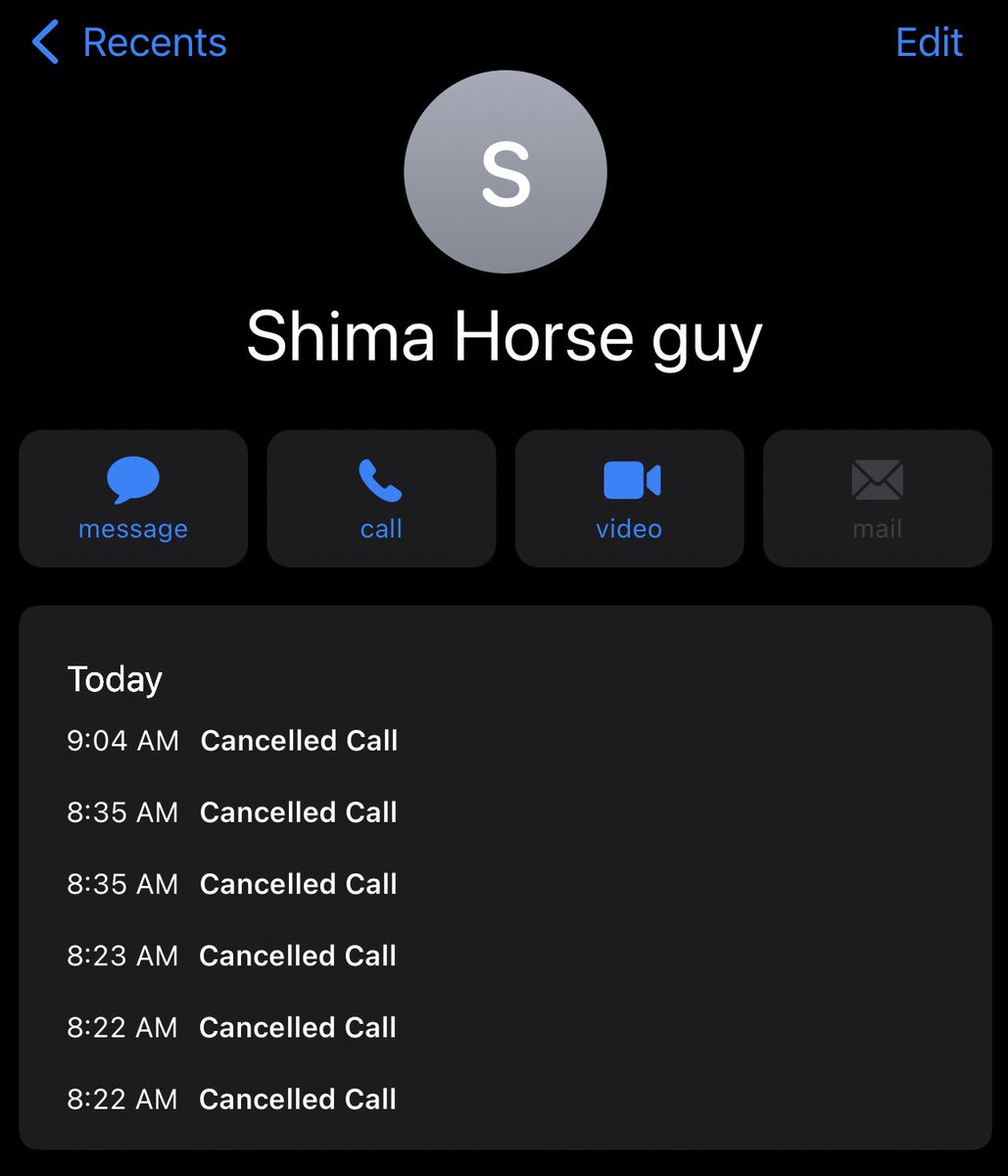
Someone recently told me that the pressure cookers from the 1980s were more reliable than the ones we get today & 3 whistles meant perfectly cooked rice every single time whereas the modern ones were temperamental. I think there's an interesting reason here
I think this perception comes from what is a rather widespread misunderstanding of how pressure cookers work. A significant percentage of the Indian population measures pressure cooking time in "whistles" and not actual elapsed time at maximum pressure
So, a quick recap of how pressure cookers work. If you boil water in an air-tight vessel, pressure will build up, and that in turn increases the boiling point of water, which then continues to stay liquid at well above 100 Celsius & thus cooks food faster
A simple observation what demonsrates that liquid water cooks food faster than air/vapour is to compare the time it takes to cook something in water on the stove vs in an oven (where it's air that is the conducting medium).
So in a pressure cooker, pressure builds up to about twice that of atmospheric pressure and then releases pressure (whistle) to indicate that max pressure has been reached. Regular Ponni/Basmati rice takes 3-4 minutes at max pressure to cook
In the 1980s, most middle class Indians likely had a standard 2 burner stove with largely uniform heat output, so "high heat" was a consistently uniform definition across homes. And just 1 kind of pressure cooker. That's why "3 whistles" worked for most people
So pressure would build up, first whistle, it would release pressure with a whistle, and take a bit more time to build up to max pressure again, and release, and this just fortuitously worked well enough for typical rice & dal cooking.
But now, we have a dizzying variation in stoves, with electric, induction and high BTU burners that can rustle up hakka noodles restaurant-style. And a massive diversity in pressure cookers. At this point, the "whistle" method breaks down
If you have a 2000W induction stovetop, at its highest setting, it will rebuild pressure post a release whistle in very little time, so if you go by 3 whistles, you will end up with slightly undercooked rice. That's why it's better to measure by actual time at max pressure
For beginner cooks, here's a foolproof way to never fail at pressure cooking.Wait for the first whistle & then reduce heat to medium. Start a timer. 3-4 mins (then stop heat) for unsoaked Basmati/Ponni rice. 12-15 mins for Brown rice. Here's a useful table fastcooking.ca/pressure_cooke…
Since rice cooks really fast, measuring by whistles does relatively less damage. But for potatoes & lentils, the difference between an old cooker/1980s stove vs new cooker/2000W induction stove is massive. Measuring by whistles will only result in undercooked potatoes & dal
• • •
Missing some Tweet in this thread? You can try to
force a refresh













